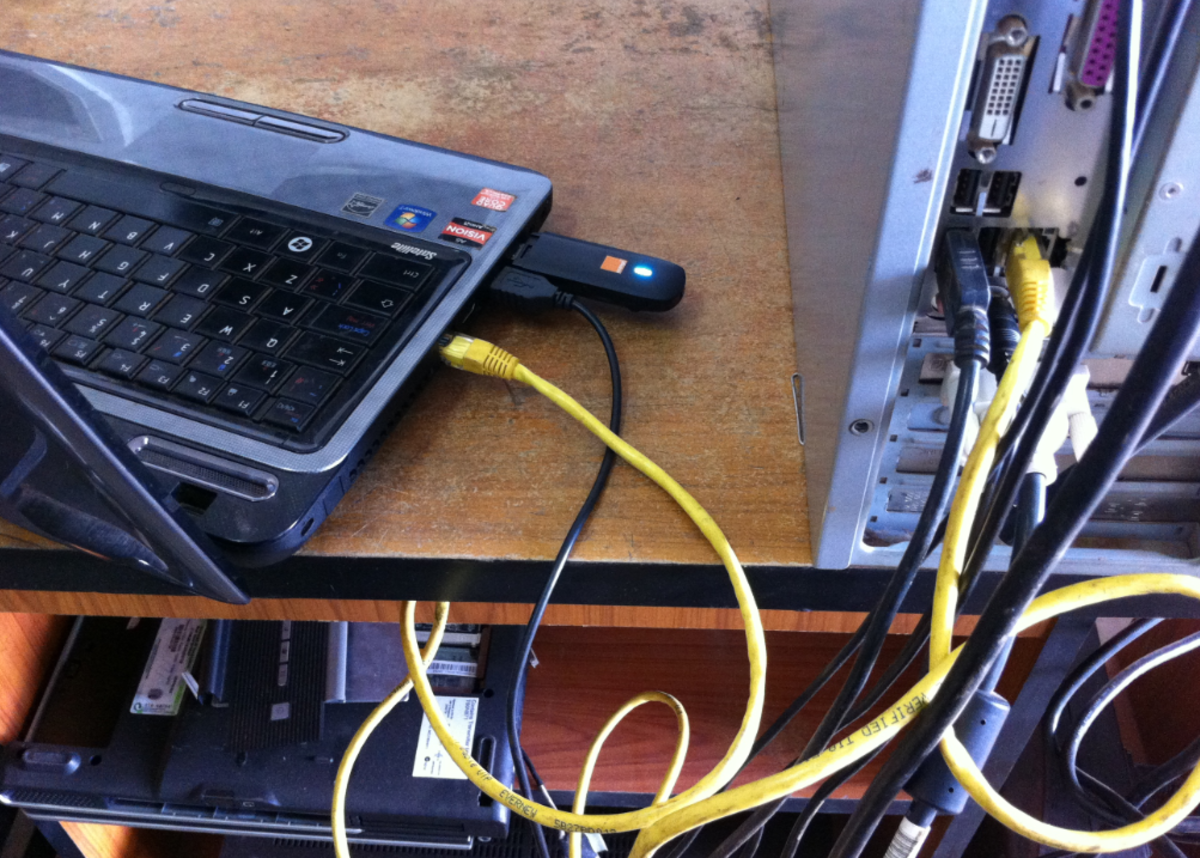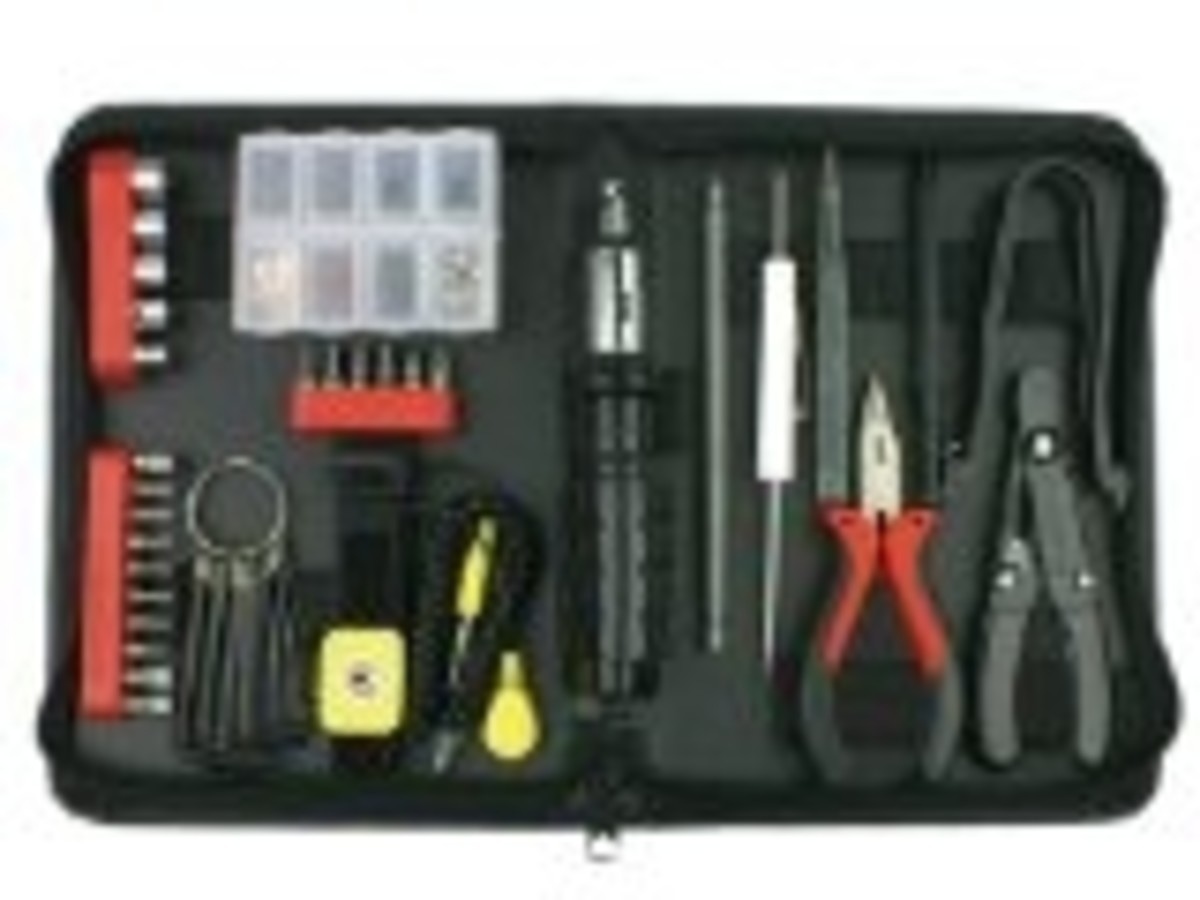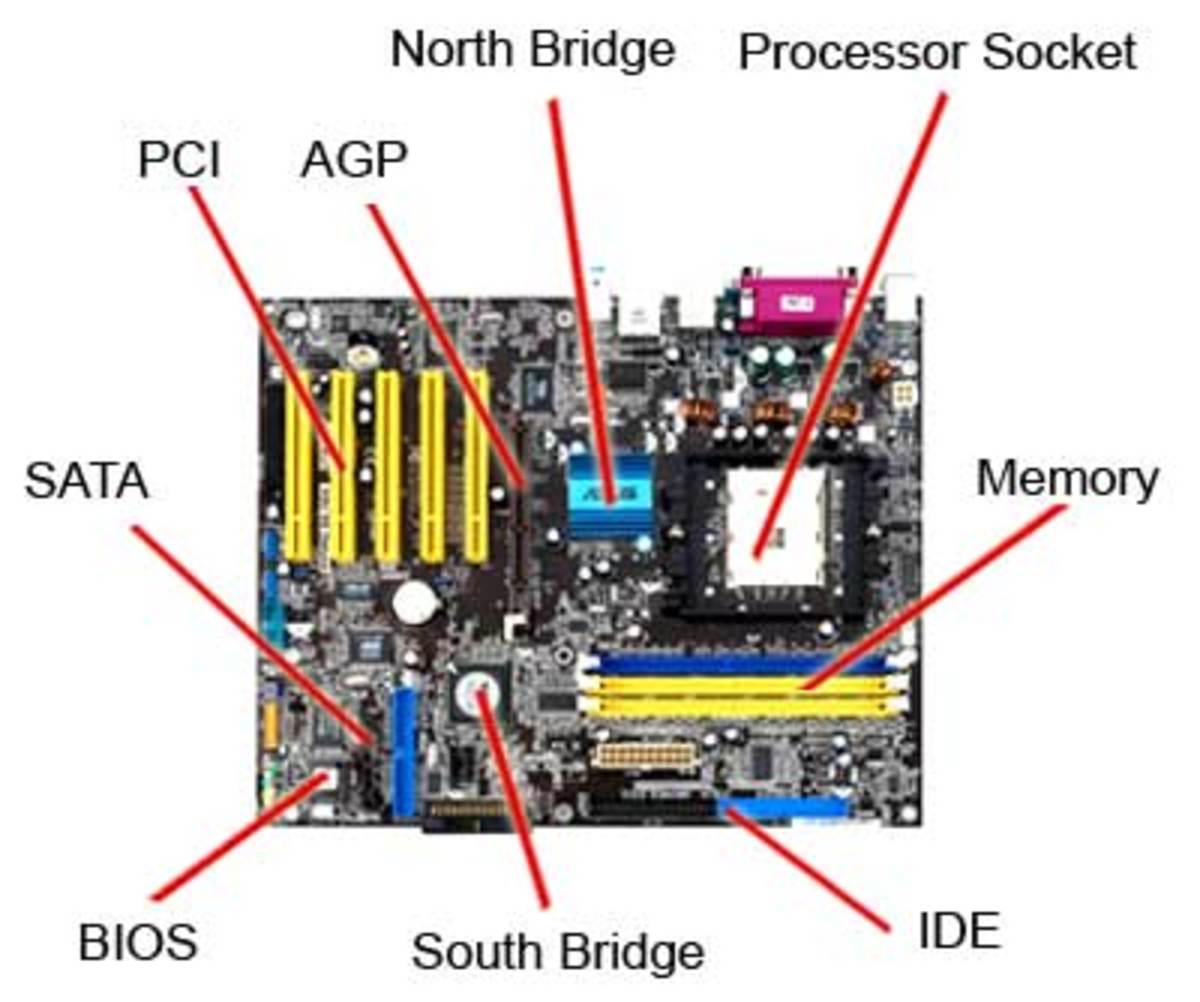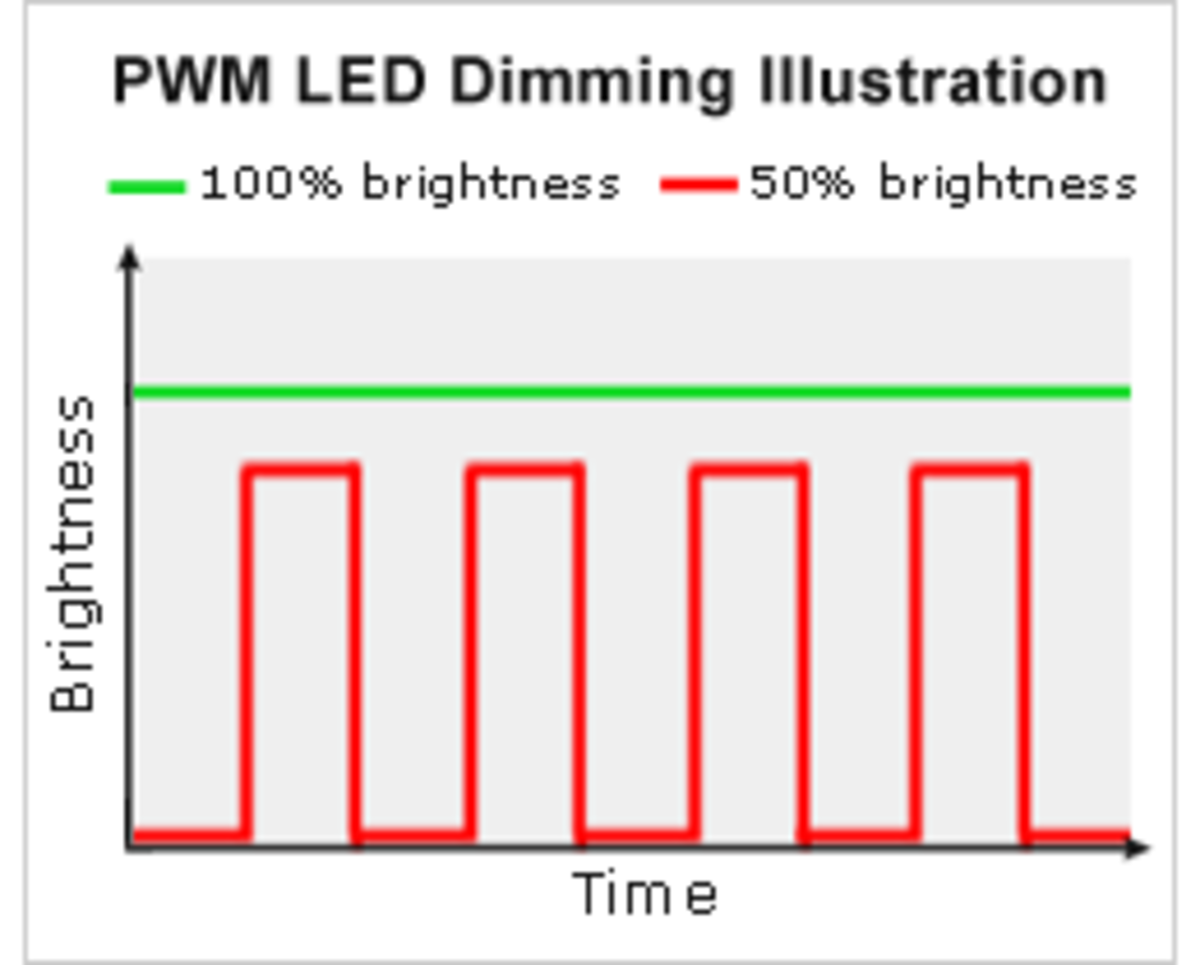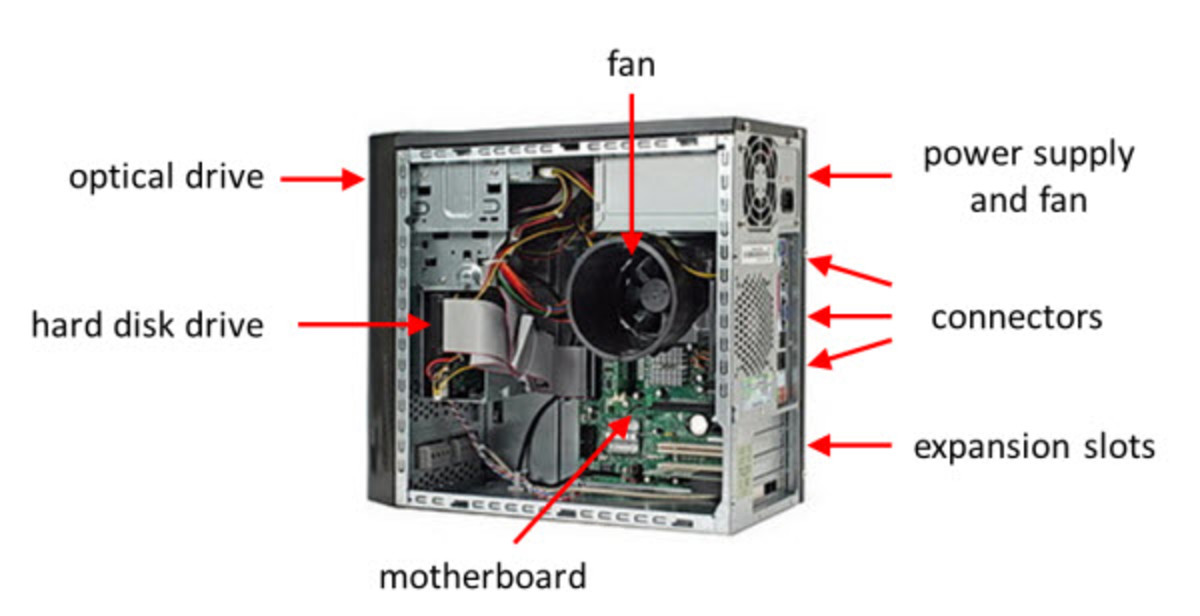Static Electricity Is Bad For Computers
If You Want to Destroy Your Computer: This Zap It with Static
It seems like during the winter months, every time I get out of my chair and walk away from my desk I seem to get shocked when I touch something metal. This is all to common, and truthfully it can be a disaster for electronic equipment that isn't grounded or if the circuits take a direct hit. In this hub, we will be exploring the understanding of what static electricity is and how it can make your computer electronics into paper weights.
Remember This:
"Static is cheap, almost free, but can still cost you a lot!"
Static Electricity = Death Row for Electronics
Did you know discharging a single direct or indirect shock onto or into a computer chip will fry it to a point of no return, or make it malfunction in a way that it is useless?
Think of when you clean an older television screen's glass. Do you remember all the little cracking sounds and the funny feeling of your hair standing up on your arm? That is static electricity. The good news, is that most equipment like T.V.s are grounded from the outside, so shocking it will not hurt it (from the outside.) The same goes with a computer tower (with the exception of the back panel.) Normally these types of equipment have a ground (3 prong) plug that goes into a grounded wall outlet.
However to be safe, it is better to discharge yourself before working on electronics. You say, "How do I do that?" Simple, before touching the object you are working on, touch something that isn't active (door knob.)
Static Build Up Prevention
While there is no real way to completely keep yourself from being static free, there are somethings that can reduce static and keep you from building up static quickly. Remember, static electricity is the natural process of electrons + & - attracting to each other. Static electricity, unlike AC or DC current does not move until these electrons meet, hence it is static. So, if you happen to be charged + and another object is -, then you will experience a static shock when you touch it, which normally is followed by a verbal "ouch!"
Here are a Couple of Ways to Help Keep Static Down:
Humidity:
- Humidity is a key factor as to how much fast static can build up. If the humidity is low, then static builds up at a much faster rate than that of an area that has some water in the air.When was the last time you static discharged in the rain? Never! A humidifier will help a lot in this scenario. Businesses experience this problem a lot in their plotter rooms. Electrostatic plotter, don't do well when there is a lot of static in the area (dry air.) So, adding a humidifier is a good idea, if you like clean prints. Also is good for your health to have the relative humidity between 35% and 45%.
Clothing:
- If you wear mainly synthetic clothing (polyester,) then try changing over to cotton or organic clothing. Plastics carry a lot of static (polyester.)
Rubber Soled Shoes:
- This will only help only to the effect of slowing down static build up from your feet, not the rest of your body or the environment. Most people will realize they get shocked more when wearing flat dress shoes, then they do with sneakers.
Humidifiers
When Working with Computer Equipment or Electronics
Always ground yourself before working with any electronics. Using a static strap that can be mounted to a ground object is a huge plus, or a even standing on an anti-static mat will help greatly. Offices with tile flooring is the worse for static buildup. See it happen too many times, but killing electronics because of a forgetting to discharge seems to happen all to often.
If you do not have a static strap or mat, then simply discharge yourself on the casing of the electronic you are working on (given it is a computer or something large only.) Otherwise, touch something like a door knob.




